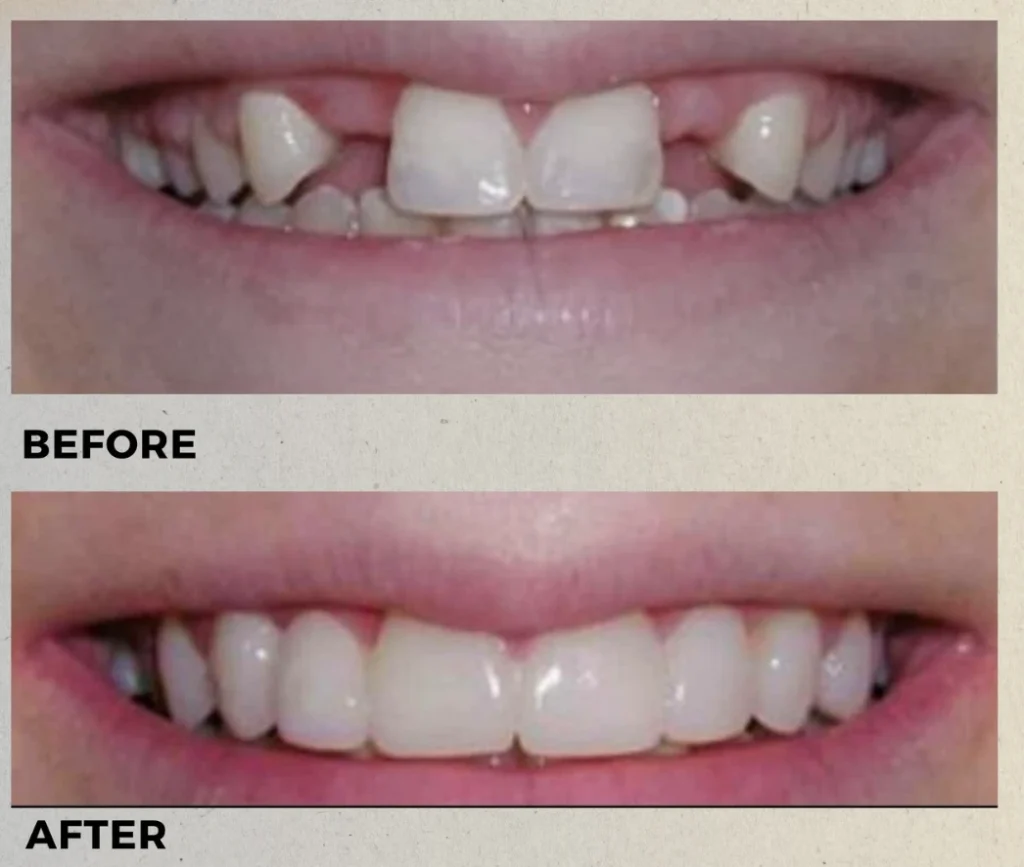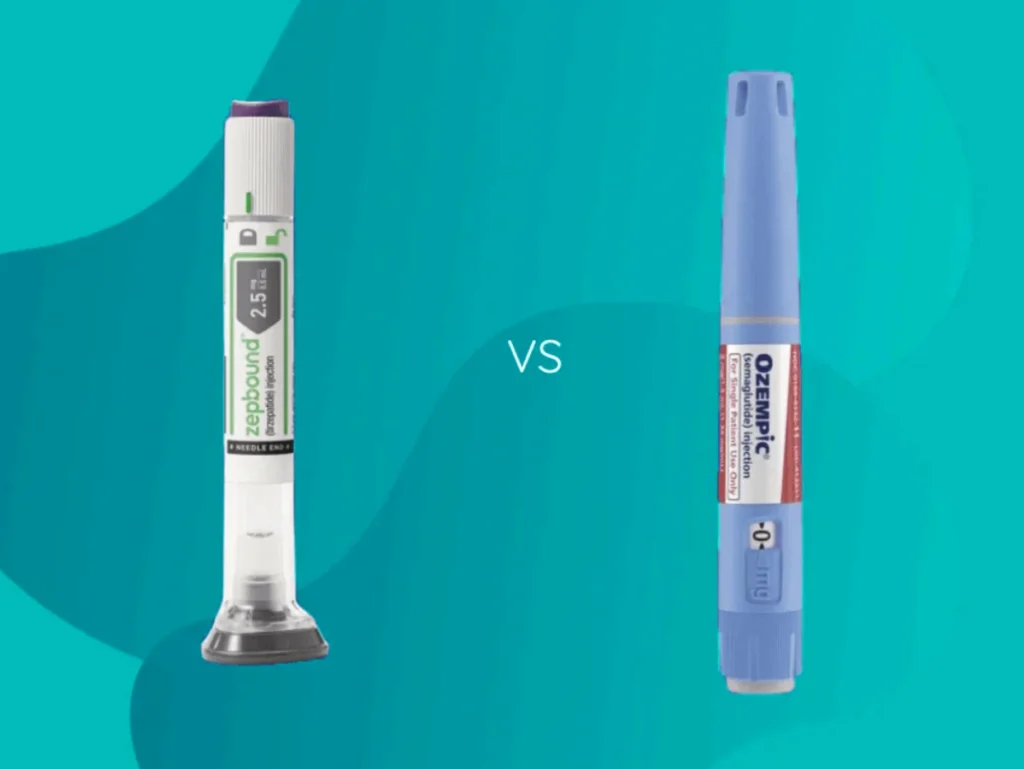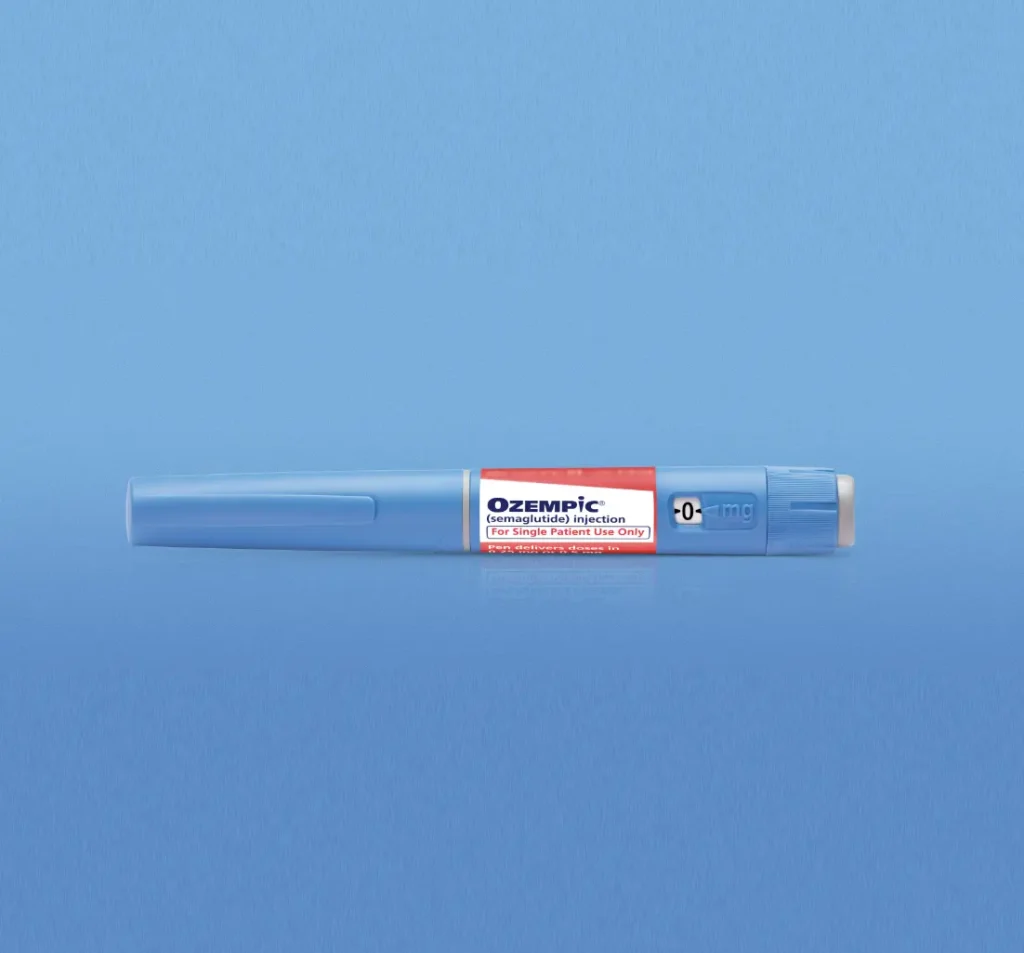
How to combat Bariatric Transfer Addiction
Bariatric surgery is a life-changing procedure for individuals struggling with obesity, offering a path to significant weight loss and improved health. However, for some patients, the surgery can lead to a phenomenon known as transfer addiction. This occurs when individuals replace one compulsive behavior, such as overeating, with another, such as alcohol consumption, shopping, gambling, or substance use. Understanding and addressing bariatric transfer addiction is essential for maintaining long-term health and well-being.
What is Bariatric Transfer Addiction?
Transfer addiction happens when a person redirects their addictive tendencies to a new activity or substance. After bariatric surgery, physical and emotional changes—such as altered gut hormones, faster alcohol absorption, and the psychological adjustment to a new lifestyle—can increase susceptibility to this issue.
Common types of transfer addiction include:
- Alcohol use: Due to changes in alcohol metabolism after surgery, patients may become intoxicated more quickly and feel the effects for longer periods.
- Substance abuse: Misuse of prescription medications or recreational drugs can occur.
- Behavioral addictions: Shopping, gambling, or compulsive exercise can replace food as a coping mechanism.
Signs of Transfer Addiction
Recognizing transfer addiction early is critical. Symptoms may include:
- Obsessive or compulsive behavior around a new activity or substance.
- Difficulty stopping the new behavior despite negative consequences.
- Neglect of responsibilities or relationships.
- Increased reliance on the new behavior to manage stress or emotions.
Why Does Transfer Addiction Happen?
Several factors contribute to transfer addiction in bariatric patients:
- Biological Changes: Altered gut hormones and changes in how the body metabolizes substances can heighten vulnerability.
- Emotional Coping Mechanisms: Surgery does not address the underlying emotional triggers for overeating, leaving patients seeking alternative ways to cope.
- Rapid Weight Loss: The psychological adjustment to a new body and identity can create emotional challenges.
Strategies to Combat Transfer Addiction
Addressing bariatric transfer addiction requires a comprehensive and proactive approach. Here are key strategies:
1. Seek Professional Support
- Therapy: Work with a psychologist or counselor experienced in addiction and bariatric care. Cognitive-behavioral therapy (CBT) and other therapeutic techniques can help address underlying emotional triggers.
- Support Groups: Join bariatric surgery support groups to share experiences and gain insights from others facing similar challenges.
2. Monitor Behavior Changes
- Keep a journal to track behaviors, emotions, and triggers.
- Set boundaries for potentially addictive activities, such as limiting alcohol intake or budgeting for shopping.
3. Develop Healthy Coping Mechanisms
- Practice mindfulness and stress-relief techniques, such as yoga, meditation, or deep breathing exercises.
- Engage in non-addictive hobbies, such as reading, gardening, or crafting.
4. Educate Yourself and Loved Ones
- Learn about the risks of transfer addiction and share this information with friends and family.
- Encourage open communication to ensure a strong support network.
5. Work Closely with Healthcare Providers
- Regularly attend follow-up appointments with your bariatric surgeon and medical team.
- Discuss any behavioral changes or concerns openly to receive timely guidance.
Preventing Transfer Addiction
Prevention is always better than treatment. Here are ways to minimize the risk of transfer addiction:
- Pre-Surgery Counseling: Address emotional and behavioral issues before undergoing bariatric surgery.
- Set Realistic Expectations: Understand that surgery is a tool, not a cure-all, and that psychological work is also essential.
- Build a Support System: Cultivate relationships with people who encourage healthy habits and emotional growth.
Conclusion
Bariatric transfer addiction is a complex but manageable challenge. By recognizing the risks, seeking help early, and fostering healthy coping strategies, individuals can enjoy the full benefits of bariatric surgery while maintaining emotional and physical health. If you or a loved one is experiencing signs of transfer addiction, reach out to a healthcare professional for support and guidance.





































